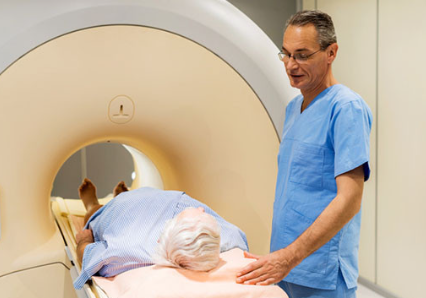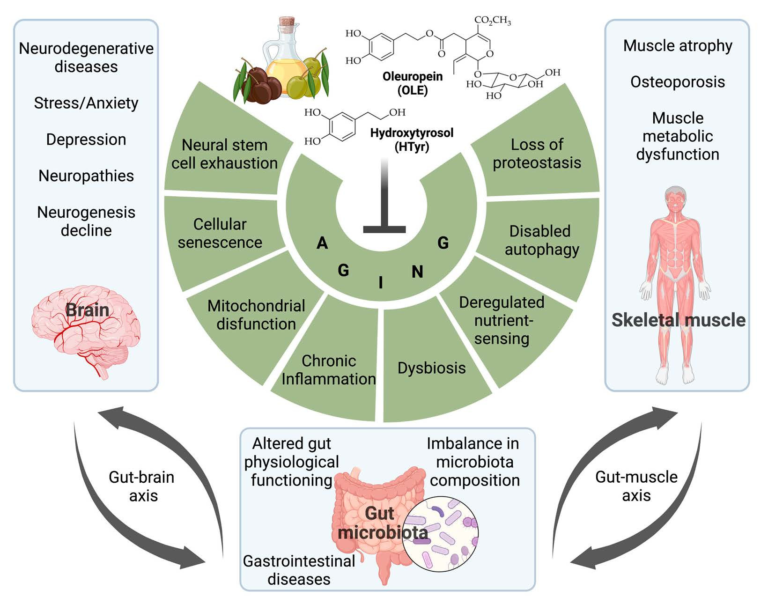CBD Oil and Canine Cancer: Hope for Furry Friends

For countless pet enthusiasts, dogs are not just pets; they are cherished members of the family. When a beloved canine companion is diagnosed with cancer, it can be a devastating blow. Canine cancer is a harsh reality that affects millions of dogs worldwide. Nevertheless, there is a glimmer of optimism on the horizon in the form of CBD oil. This article talks about the benefits of CBD oil for dogs with cancer, shedding light on its mechanisms, safety precautions, and practical applications.
Understanding Canine Cancer
Before diving into the potential advantages of CBD oil, it’s essential to comprehend canine cancer. Dogs, like humans, can develop various types of cancer, including lymphoma, melanoma, osteosarcoma, and mammary gland tumors. The causes of canine cancer are multifaceted, encompassing genetic predisposition, environmental factors, and exposure to carcinogens.
Common Symptoms of Canine Cancer
Detecting cancer in dogs can be challenging, given their inability to communicate their pain and discomfort verbally. Nonetheless, some common signs and symptoms to be vigilant about include:
- Unexplained lumps or bumps on the body.
- Sudden weight loss.
- Changes in appetite and difficulties with eating.
- Persistent lameness or stiffness.
- Labored breathing or persistent coughing.
- Altered bathroom habits.
- Lethargy and reduced activity levels.
- Unusual bleeding or discharge.
CBD Oil: An Introduction
CBD, short for cannabidiol, is a compound naturally occurring in the cannabis plant. In contrast to its cousin, THC (tetrahydrocannabinol), CBD is non-psychoactive, meaning it does not induce the “high” associated with marijuana use. CBD has garnered significant attention for its potential therapeutic properties, including its role in pain management, anxiety alleviation, and anti-inflammatory effects.
CBD’s Potential Benefits for Canine Cancer
While ongoing research on CBD’s effects on canine cancer is in its early stages, several promising findings suggest that it may offer several potential benefits:
Pain Management: Dogs afflicted with cancer frequently experience pain, which can significantly diminish their quality of life. CBD may offer relief from pain and enhance their overall comfort.
Anti-Inflammatory Effects: CBD has demonstrated anti-inflammatory properties in studies. This could be advantageous in managing the inflammation associated with cancer and its treatment.
Appetite Stimulation: Cancer can lead to a loss of appetite in dogs. CBD may help stimulate their appetite, ensuring they receive the necessary nutrients for recovery.
Anxiety Reduction: Dogs diagnosed with cancer may experience anxiety due to pain and disruptions in their routines. CBD’s anxiolytic properties may help soothe anxious dogs.
Potential Tumor Growth Inhibition: Some preliminary research in rodents suggests that CBD may inhibit the growth of certain types of tumors. However, further studies are needed to confirm these effects in dogs.
Safety Considerations
CBD is absolutely safe for dogs when administered correctly. However, it’s crucial to adhere to these safety guidelines:
Consult Your Veterinarian: Seek advice from your veterinarian before giving your dog CBD oil. They can provide guidance on dosage and ensure it won’t interact negatively with any medications your dog may be taking.
Choose High-Quality Products: Make sure you select a reputable CBD oil product specifically formulated for pets. Look for third-party lab testing to verify its potency and purity.
Start with a Low Dose: Begin with a low CBD dose and gradually increase it as needed. Observe your dog closely to check for any complications.
Monitor Your Dog: Be sure to closely observe your dog’s behavior, appetite, and overall health during CBD use. If you detect any adverse effects, halt administration and promptly consult your veterinarian.
The diagnosis of canine cancer is a heart-wrenching experience for any dog owner. CBD oil for dogs with cancer offers potential benefits in the treatment and management of canine cancer. However, it’s essential to approach it with caution and under the guidance of a veterinarian. CBD should not be seen as a miraculous cure but rather as a complementary therapy that, when used responsibly, may enhance a dog’s quality of life during its battle with cancer.






